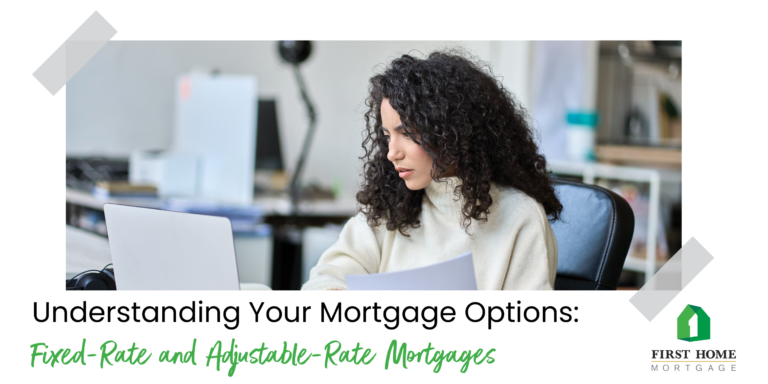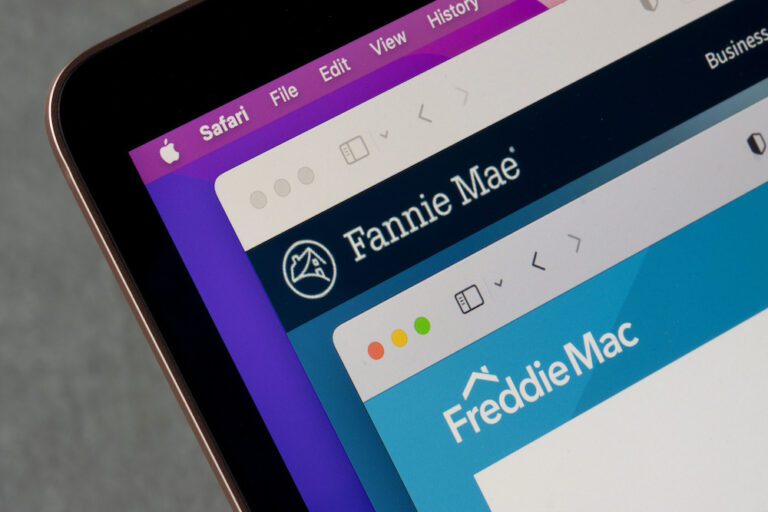
Your credit score affects more than just your mortgage rate. It also plays a role in how much you will get approved for, what you need to put down, and what you will pay for your private mortgage insurance. While it is not impossible to buy a home with a lower score, you will need to keep in mind how it will affect your qualification. Those with higher scores are more likely to receive a lower rate. Most lenders view a potential home buyer with a high credit score as more dependable and less likely to default on mortgage payments.
It’s best to know and understand your credit score in the months leading up to applying for a mortgage, even if you know your score is in good shape. This will give you time to either improve your credit or ensure that you keep it as high as possible before you apply. Here is an estimated breakdown of how credit scores are judged:
- Excellent = 720 and above
- Good = 690 – 719
- Fair = 630 – 689
- Poor = 629 and below
Taking steps to build your credit can help put you in the best possible position when you apply for a mortgage. Some of the best ways to build your credit are:
- Make your rent, credit card, and any loan payments on time
- Check for errors on your credit report and try to resolve them
- Keep your credit utilization below 30%
- Work with a credit counselor or loan officer
If you are not able to improve your credit score in time to apply for a mortgage, there are loan options you may still qualify for. For example, FHA loans are popular among first-time homebuyers with less than excellent credit scores. When you begin the mortgage process, your Loan Officer will order a credit report and will help you explore all your options to find the best fit for you! Contact one of our highly trained Loan Officers to learn more!


